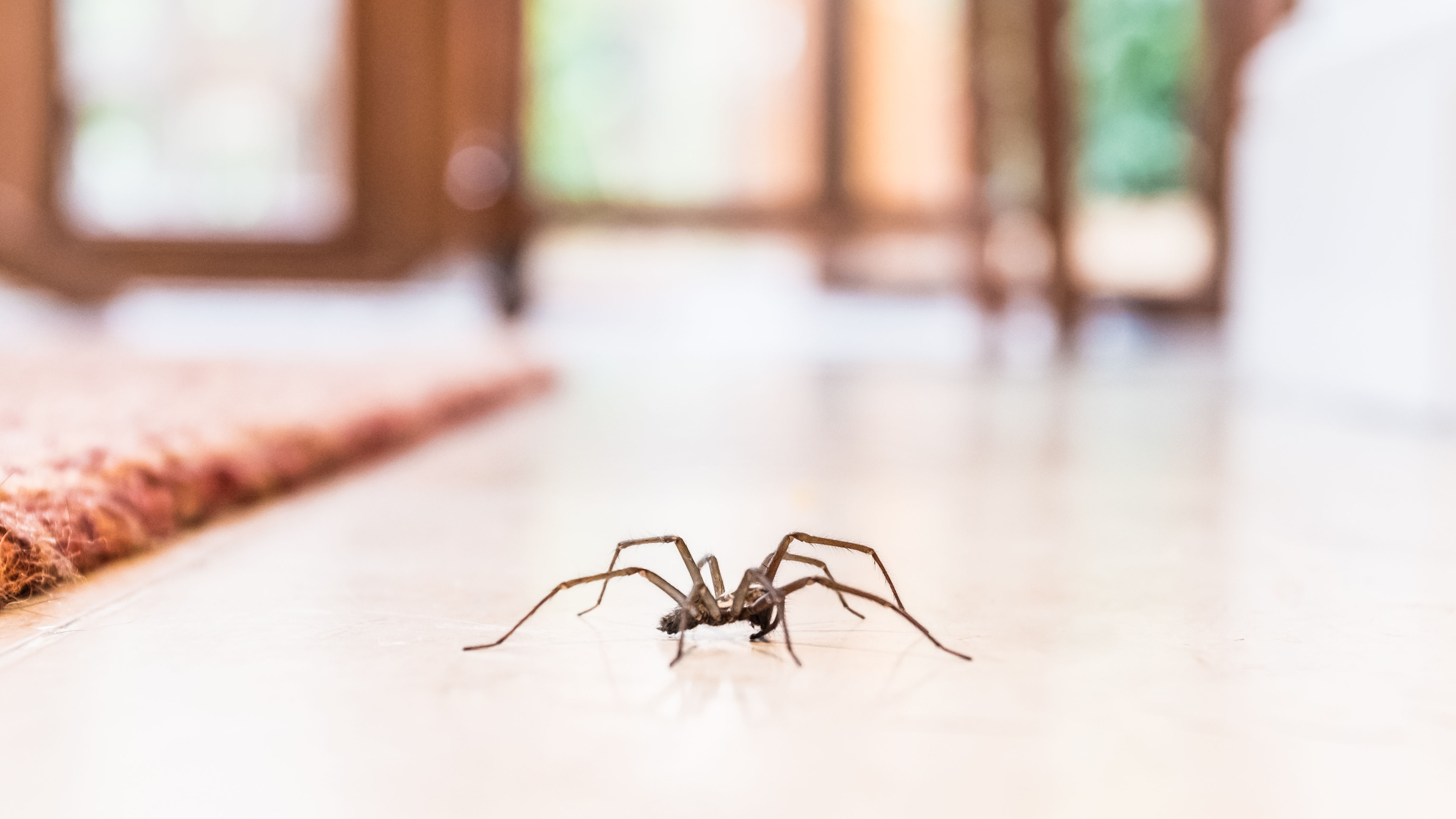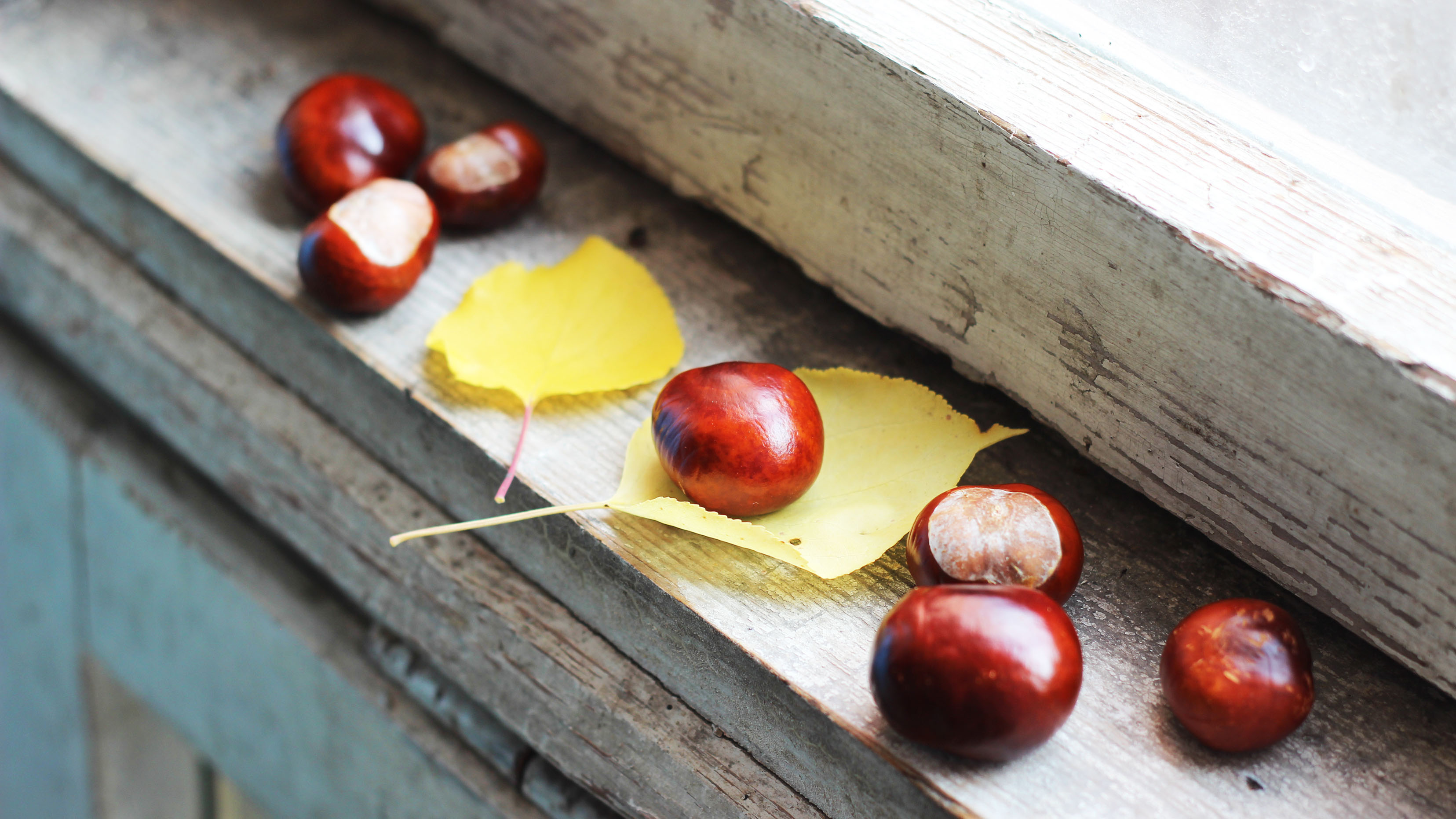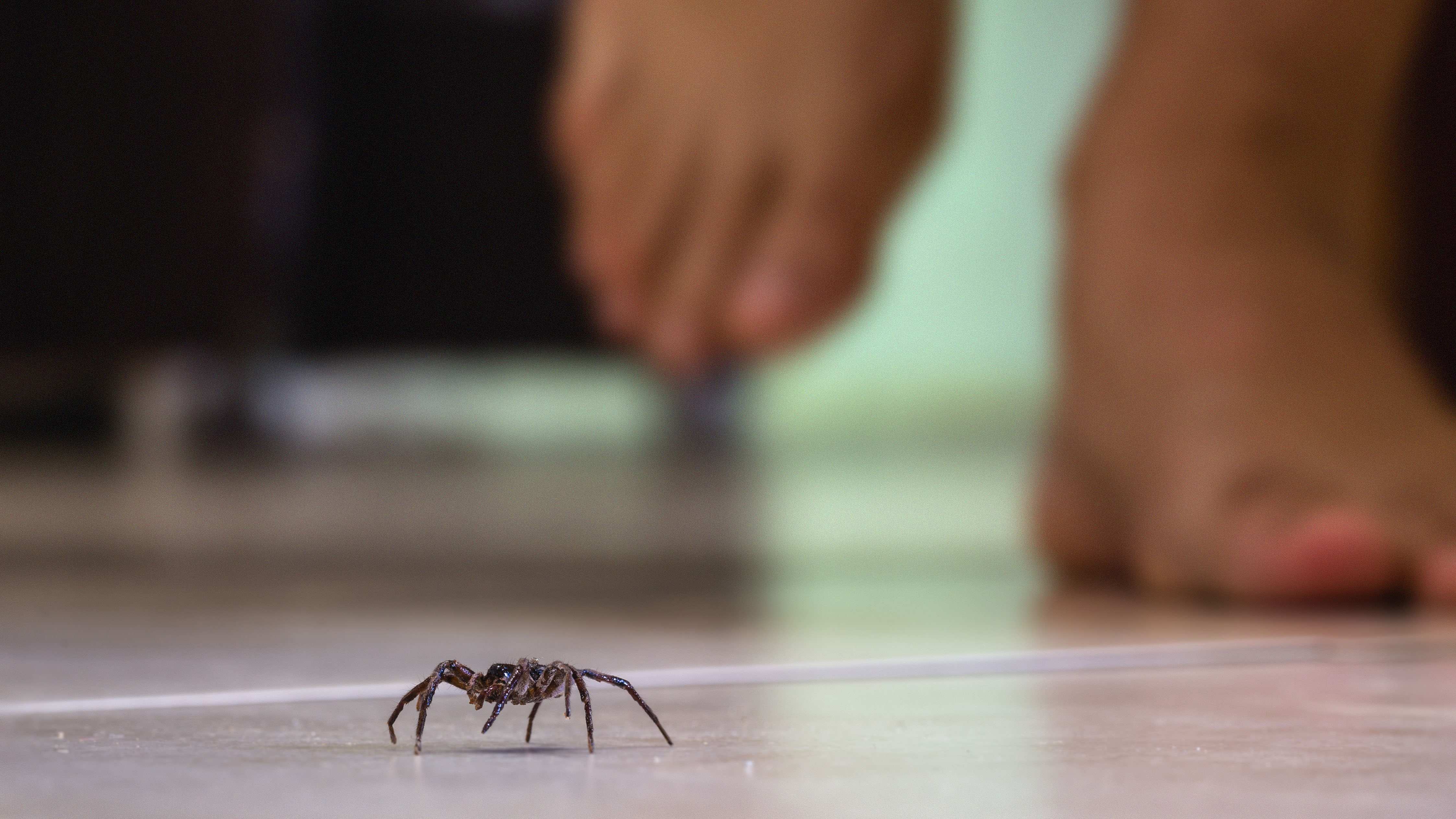Do horse chestnuts keep spiders away? Here’s the answer
Can you repel spiders with horse chestnuts — here’s the answer

With the leaves yellowing and the Halloween decorations proudly on display, it’s safe to say Fall is here. And while this is a pretty and festive time of year, it does have its drawbacks — namely, it’s spider breeding season. During September and October, arachnid numbers go through the roof. These little critters suddenly start popping up in every crevice around the home, from your ceiling corners to your attic space, leading to many of us frantically googling how to get rid of spiders.
Of course, there are methods you can follow and traps you can set to reduce numbers, and one such hack in particular has been trending for years. Its popularity is likely due to its unusual nature and ease of application, plus it couldn’t be cheaper as you’ll find what you need lying right on the ground outside.
We’re of course talking about horse chestnuts, a.k.a conkers; these have been placed around homes for years in the hopes of keeping spiders at bay. But, is there any validity to this method? Here, we will explore the thinking behind this so-called spider repellent and decide if it’s worth your efforts, once and for all.
What is the thinking behind using horse chestnuts?

Horse chestnuts, also known as conkers, have been believed to be a natural spider repellent for years. These inedible nuts come from horse chestnut trees — they’re small, rounded stones which feature a vibrant reddish brown color. Horse chestnuts are each contained within a green, spiky case as they grow. Once that case breaks open in the fall, the nut is revealed.
Horse chestnuts should never be confused with traditional sweet chestnuts, which do appear a similar color. Chestnuts are nuts which fall from a chestnut tree — these are entirely edible and are particularly delicious when roasted. Sweet chestnuts will have a point at one end, these nuts have a less rounded shape. Horse chestnuts are toxic and should NOT be consumed.
The theory behind using horse chestnuts is that they contains oils and chemicals which repel spiders — it’s not too far-fetched an idea when you consider the toxic nature of these nuts. Some also say the shine can deter spiders too. With this in mind, the myth goes that you should place horse chestnuts (or conkers) around your home where spiders frequent. That includes along baseboards as well as on the windowsills. With these in place, spiders are supposedly less likely to make a home in your home. This would explain why you may have spotted horse chestnuts dotted around your neighbors’ homes. But, is there a legitimate method to this madness?
Are spiders afraid of horse chestnuts?

So, do horse chestnuts actually have any effect on spiders? The answer sadly appears to be a unanimous no — this is an old wives’ tale, and nothing more. Scientists have conducted experiments over the years to see if there’s any substance to these claims, but they’ve come up dry.
Sign up to get the BEST of Tom's Guide direct to your inbox.
Get instant access to breaking news, the hottest reviews, great deals and helpful tips.
However, in 2010 one such experiment by students in Roselyon Primary School in Cornwall, England, did manage to disprove the theory, and they were honored by the Royal Society of Chemistry as a consequence. They filled a box with a number of horse chestnuts and stones and lined them up into a surrounding wall — after adding some spiders, they noted the insects crawled freely over the conkers. The children also conducted a secondary experiment, where the spiders found themselves in a water tank with the option of crossing two bridges to escape — one crafted from horse chestnuts and the other of wood. The majority of the spiders used the horse chestnut bridge.
What should you use to repel spiders instead?

So you really shouldn’t use horse chestnuts around the home to repel spiders. Not only is it ineffective, it’s a potential safety hazard for any curious children or pets. Instead, stick to home remedies, such as vinegar or baking soda. For serious infestations, traps and pesticides are also available from your local home department store. See our guide on how to get rid of spiders for more info.
You can also discourage spiders from entering your home by keeping it clean, tidy and free of clutter. Spiders require a food source and places to hide, so if you take that away, they’re less likely to set up shop.
I am sorry the horse chestnut method appears to be a myth and nothing more. Despite its being disproved, I’m sure plenty of enthusiasts will still scatter conkers around the home for years to come. But, if you want something a little more effective, you can keep spiders at bay this fall by using some of the alternative methods above.
You might also want to check out how to get rid of fruit flies quickly if you find any at home as well as how to get rid of maggots. Also find out the 10 things you didn't know you could clean with baking soda and also can I use malt vinegar for cleaning? — here is the best vinegar to clean with.

Katie Mortram used to be a Homes Editor for Tom's Guide, where she oversaw everything from kitchen appliances to gardening tools, as well as smart home tech. Specializing in providing expert advice for cleaning and home manintenance, she now works as Household Advice Editor for Good Housekeeping.
